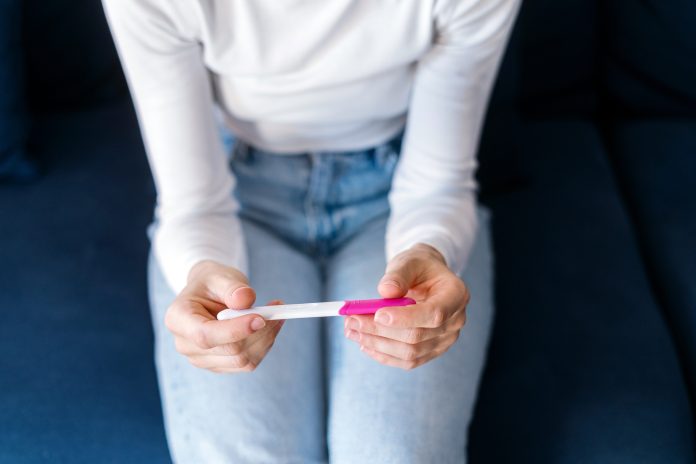In a landmark decision, the UK Government has voted to decriminalise abortion in England and Wales, a legalisation dating back to the Victorian era
In England and Wales, abortions have been legal for almost 60 years, but only up to 24 weeks and with the approval of two doctors.
However, women can face criminal charges if they end a pregnancy after 24 weeks. This mid-19th-century law carries a maximum sentence of life imprisonment.
Vulnerable women suffering at the hands of Victorian laws
Yesterday (18 June 2025), MPs gathered at the Houses of Parliament to vote on amending the Crime and Policing Bill to abolish the prosecution of women in England and Wales for terminating their pregnancy at any stage. This bill was passed by a vote of 379 to 137.
This marks a historic and significant update to abortion law in England and Wales, the most substantial change since the 1967 Abortion Act.
This amendment follows around 104 investigations and six prosecutions since 2022 of women who wanted an abortion after 24 weeks of pregnancy. Although criminal convictions are rare for this, the number of prosecutions has increased following the COVID-19 pandemic, when a change of law allows abortion pills to be taken at home within ten weeks of conception.
Nicola Packer endured a four-and-a-half-year legal case following an abortion. In November 2020, during COVID-19, when abortion pills could be taken at home, Nicola took abortion pills at home under a telemedicine arrangement. She believed she was almost 10 weeks pregnant, but later discovered she was 26 weeks pregnant and was subsequently arrested after bringing the foetus to the hospital. She was charged under the 1861 Offences Against the Person Act, a mid-19th-century law that criminalises ‘administering poison with intent to procure a miscarriage’. In May 2025, a jury acquitted Nicola, accepting that she genuinely did not realise how far along the pregnancy she was.
The Royal College of Obstetricians & Gynaecologists, a leading authority in women’s healthcare, welcomes this news
In a statement, the RCOG welcomed the news that MPs have voted in support of a landmark amendment to the Crime and Policing Bill, tabled by Tonia Antoniazzi MP. The College supports MPs’ decision not to support an amendment to the Crime and Policing Bill laid by Caroline Johnson MP, which attempted to restrict access to telemedicine for early medical abortion.
Professor Ranee Thakar, President of the Royal College of Obstetricians and Gynaecologists, said, “This is a victory for women and their essential reproductive rights.
“I am delighted that MPs have today voted to remove women from the criminal law related to abortion in England and Wales. This sends a powerful signal that women’s rights and autonomy matter. The College has been campaigning for this achievement for many years, and the decision reflects the voices of over 50 medical, legal, and public health organisations. It also reflects the views of the public, who overwhelmingly support the right of women to access abortion care safely, confidentially, and without fear of investigation and prosecution.
“It is also absolutely right that the amendment laid by Caroline Johnson MP was rejected. This recognises the wealth of evidence showing telemedicine for early medical abortion is safe, enables women to access treatment sooner, and is preferred by women. This is the second time MPs have voted in support of telemedicine abortion, and it is now time for this attack on abortion provision to stop.
“Now, we must maintain this momentum as the Crime and Policing Bill moves to the House of Lords. The College will continue to work with our partners to ensure that women’s essential reproductive rights are protected and abortion is treated as an essential form of healthcare, subject to regulatory and professional standards like other medical procedures, not criminal sanctions.”











